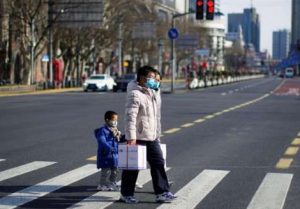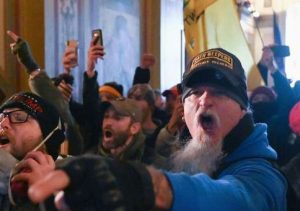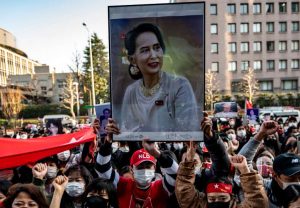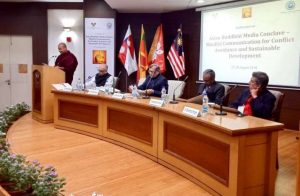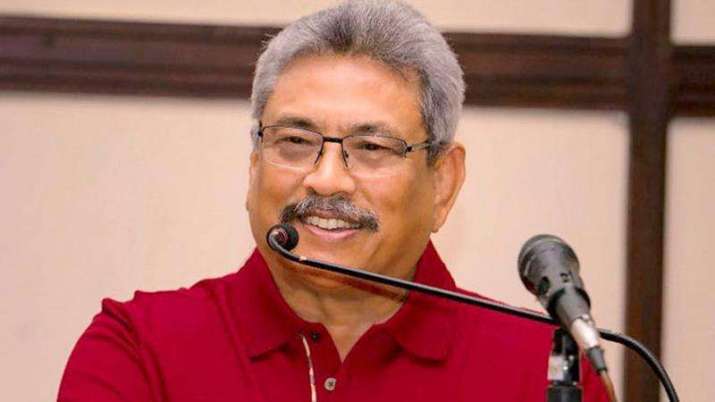
The Sri Lankan government attempted to rally support for its vision of a Buddhism-led secular state over the weekend, with president Gotabaya Rajapaksa standing firm on a pro-Sinhalese Buddhist platform that won him last November’s national election but did little to ingratiate him to the Tamil-dominated north.
Sinhalese-Tamil reconciliation remains a difficult subject for a deeply divided nation across religious and ethnic lines. Such lines have been inflamed by the partisan election results from last year, when Gotabaya Rajapaksa won a strong majority over rival Sajith Premadasa. Rajapaksa served as defense secretary between 2005 and 2015, and stands accused of war crimes committed during Sri Lanka’s civil war between 1983 and 2009. The memory of the presidency of his brother, Mahinda Rajapaksa, is marked in the north by fear and anger. (Al Jazeera)
On 3 January, in a speech to parliament, the president gave a robust defense of his treatment of Buddhists on a “first-among-equals” basis in relation to other Sri Lankan faith traditions. “Ours is a country with an ancient history, and a society nurtured by Buddhist teachings and the teachings of other world faiths. We must always safeguard our culture and our values.” He promised that in accordance with Sri Lanka’s constitution, he would “always defend the unitary status of our country, and protect and nurture the Buddha Sasana.” (Tamil Guardian)
He argued that his election was not about ethnic background, but rather about respecting the sovereignty of the majority and a change in the political culture of Sri Lanka. “The majority of the people proved that it is no longer possible for anyone to manipulate and control the politics of this country by playing the role of king maker.” His populist rhetoric was accompanied by an appeal for expanded presidential powers as well as a strengthening of the intelligence services. (Tamil Guardian)
The following day on 4 January, Prime Minister Mahinda Rajapaksa built on the president’s comments at the Vibhajjavadi Dhamma Symposium and Maha Tripitaka Pooja were at the Sugathadasa Indoor Stadium, declaring: “Defending the Buddhist order, protecting the Sinhalese, protecting the country’s unity are all interlinked. These are not stand-alone acts. In our history, it’s prominent that other religions can protect their religious freedom in this country only if the Sinhalese Buddhists are protected. It is the Sinhalese Buddhists who ensure the freedom of all religions and nationalities in this country.” (News First) He tied the Theravada Tipitaka to the country’s national destiny, arguing that even though Theravada did not originate in Sri Lanka, the island had inherited a millennia-old tradition of protecting it. (Daily News)
Informally referred to by nationalist media outlets or pro-government columnists as the country’s “primordial” identity, Buddhism is seen as a core, majoritarian voters’ issue for the Colombo elite and the cosmopolitan south. Nevertheless, government critics claim that the state continues to fail in giving minority communities proper representation, with the state promulgating an exclusionary national identity, at least by implication for non-Buddhists. (Al Jazeera)
See more
Sovereignty, security and Buddhism – Sri Lanka’s president addresses parliament (Tamil Guardian)
Protection of Sinhala Buddhists will ensure religious freedom – PM (Daily News)
Trouble brews in post-election Sri Lanka (Al Jazeera)
PM speaks on religious freedom in the country (News First)






